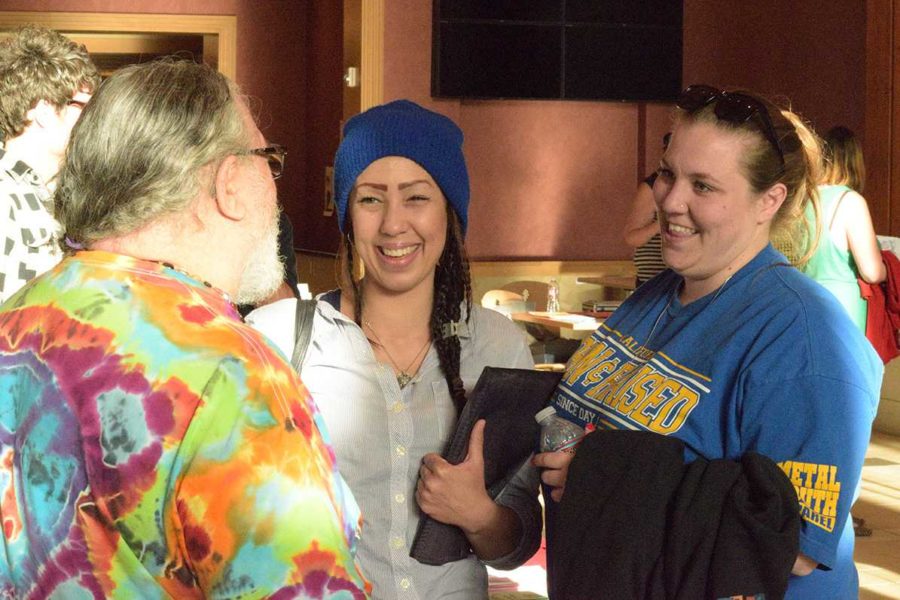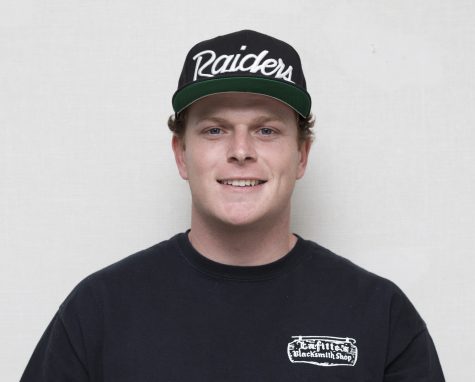A diverse population of students in recovery from addiction and mental illness revealed their intimate struggles when Santa Rosa Junior College introduced a safe, supportive club at Recovery Night April 20.
There was a large turnout of students and faculty in the Bertolini Student Activity Center as the night brought awareness and broke the stigma of the problems of addiction and mental illness.
The event provided catered food for the guests, live student-performed music and a variety of informational resources. The atmosphere was a welcoming, supportive and non-judgmental place for students to bond over their darkest moments.
SRJC student Ryan Sansome guided the evening, and was one of the main contributors who spearheaded the creation of the Students for Recovery Club. Sansome turned his life around from addiction, and through SRJC’s support has now become an advocate for his fellow students. Sansome opened his speech with statistical evidence showing the severity of the problem and its prevalence.
“It’s an epidemic, flat out,” Sansome said. “One in 10 Americans over the age of 12 are addicted to alcohol or drugs. One in four Americans of adolescent age or over has a diagnosable mental illness, and 1,000 college students in America commit suicide every year.”
During Recovery Night, 12 booths from different organizations throughout the county revealed the depths the college has pledged to provide student support.
Groups such as Narcotics Anonymous, Sonoma County Department of Health Services Bureau, Recovery Division of Acadia Health and Interlink Self Help were there to familiarize and commit their services to SRJC students.
The large number of students who attended the event reflected the magnitude of need for these services on campus. SRJC’s backing of Recovery Night gave students a comfortable place for their own recovery.
“It shows the students that are in recovery, and the ones that are not but want to be in recovery…you can have support, even at the JC,” said Kailee Pozzi, 25. “It really helps because there are a lot of people in school right now who are suffering from this disease.”
An open mic portion of the program allowed students to voice their personal and emotional recovery stories. Students with problems such as depression, eating disorders, post traumatic stress, schizophrenia and addictions to narcotics, alcohol or other substances all spoke. Student after student expressed compelling accounts of unique journeys.
With a compassionate audience, many students opened up, allowing them to connect with each other. Though each student had his or her own individual story of recovery, all were supported by the audience and each other.
“Many students start school with self doubt, unsure of their skills,” said SRJC counselor Anthony Vasquez. “Here, students can have comradery of not only sobriety [and] recovery, but the humanity part, because there is a lot of love in these students’ hearts to help. We are a family that wants to help, here are some resources for you and we are no longer hidden in the community.”




